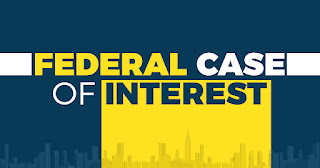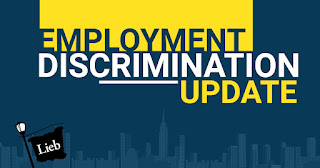Attorney Andrew Lieb joins Scripps News to provide a comprehensive analysis on the legal implications of a recently surfaced audio tape involving former President Trump. The tape suggests potential violations of federal law, as it indicates the showing of a classified document to an individual without proper clearance. Lieb offers insights into the significance of the recording, potential defense strategies, and the challenges associated with securing convictions in high-profile cases.
Key quotes from Attorney Andrew Lieb:
- "The thing is, we read about in the indictment itself recordings and it wasn't as bad as even this recording from Bedminster. And I would bet everything I own that Jack Smith has a lot more than just this recording."
- "Trump not only pays to get the evidence taken against him, then he goes on truth social and gives us a play by play commentary when it comes out. It couldn't get better for a prosecutor than this."
- "The laws you just played the recording dealt, but what they're going to do is they're going to say, 'But you don't believe that we don't need to believe that he wouldn't do that.'"
- "The big hurdle is he's a very popular fella, and can you get enough jurors to want to convict them? But that's not saying does Jack Smith have the law and the facts Jack Smith has the law on the facts, though."
- "At the end of the day, it's really hard to get around a recording of yourself that you paid for admitting that something was still secret top secret, and you were showing it to someone else. That's a problem."
- "If I was Trump's lawyers today, I would be taking Valium after Valium and just say, 'Please turn off your social media man.' He's killing them."


